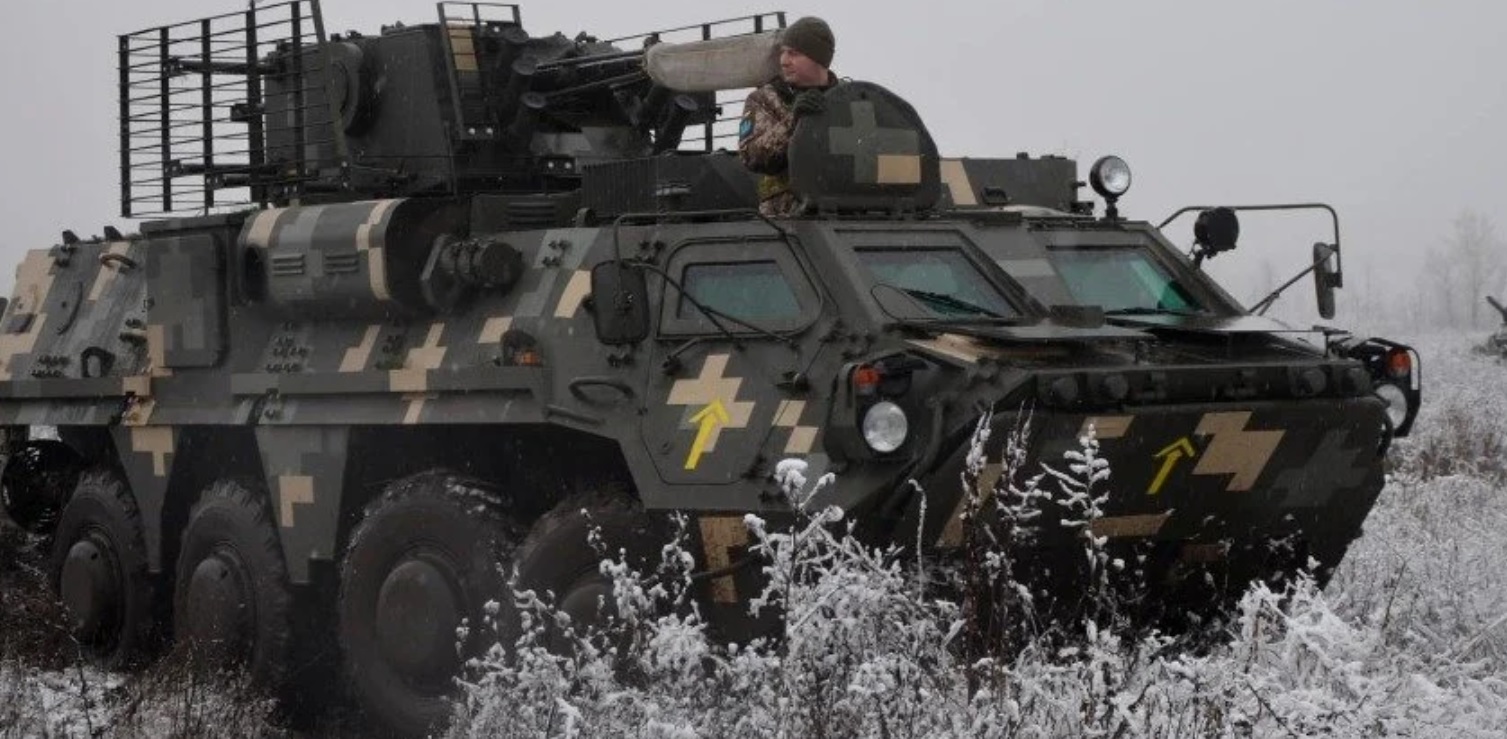According to Raymond F. Smith
A successful foreign policy must proceed from a framework that articulates the country's fundamental strategic interests. This structure doesn't have to be complicated. During the period of British international supremacy, Britain had two principles: to maintain naval dominance and to avoid the dominance of one power in continental Europe. The United States was unable to formulate such a framework when the Cold War ended. Instead, they spent their unipolar superiority on responses to local crises (like Somalia and Kosovo) and quixotic attempts to shape the world in their own image (Afghanistan, Iraq, Syria, Libya). The near-total failure of these efforts has worsened the situation of the countries concerned, killed and maimed countless people, wasted trillions of dollars, and created a more unstable and insecure international system. We are now faced with perhaps the most dangerous attempt to continue on this bleak path - an attempt to portray Ukraine as a vital national interest of the United States, a potential NATO member, for which the United States will commit itself to a treaty to start a war.
If the United States had a strategic foreign policy framework, what would it look like and how would Ukraine fit into it? In my opinion, the United States has three fundamental strategic interests. First, the creation of a more stable international system. Organizations at the top of the system benefit most from a stable system. This position is currently held by the United States. Secondly, to hinder the Sino-Russian alliance. The benefits to the United States of the absence of an alliance between a second nuclear superpower and a second economic superpower seem clear. If one of Henry Kissinger's greatest foreign policy triumphs was the elimination of the threat of the Soviet-Chinese alliance, then how would one evaluate American policy that led to the opposite result? Third, reducing the risk of nuclear war. To achieve this goal, it is necessary, among other things, to avoid armed conflict with another nuclear power when its vital interests are affected, but your own is not.
Ukraine, like any other country, wants to survive and prosper as an independent state. Neither her internal nor external position can be envied. It is a deeply corrupt medium-sized economy, home to a large disaffected Russian minority. It has a long, albeit sometimes controversial, history with Russia, its most significant neighbor, a country that is also the largest nuclear-armed country. Ukraine has two strategic choices: to achieve a modus vivendi with Russia that meets the basic interests of both countries; or forge a strategic alliance with another power that allows it to challenge its larger neighbor. The United States is the only power with the potential to successfully support the second option. This is the option that Ukraine adheres to with the support of the United States.
It is easy enough to understand why Ukraine may regard this choice as preferable. It will follow the path of its Baltic and Eastern European neighbors, which have used NATO and EU membership to strengthen their national independence. However, from the point of view of US strategic interests, there can be no worse choice. At least since the Vienna Treaty, it has become clear that a stable international system requires a legitimacy that can only exist if there are no disaffected major powers. Russia's dissatisfaction with the current international order, which had grown in previous periods of NATO expansion, has now reached a critical point. Building a more stable international system requires taking into account Russia's vital interests. By guiding and helping Ukraine balance its pursuit of closer ties with Europe and normalize relations with Russia, the United States promotes fundamental interests of both Ukraine and its own. This will help Ukraine avoid what could become a national tragedy. This could help draw Russia into more productive relations with the West, lessen the temptation of a military alliance with China, and lessen the threat of a conventional armed conflict that could escalate into a nuclear one.
Read also:
How the media went wrong with Russiagate
New Year and the ban on travel in case of martial law: Top 5 events of the week


